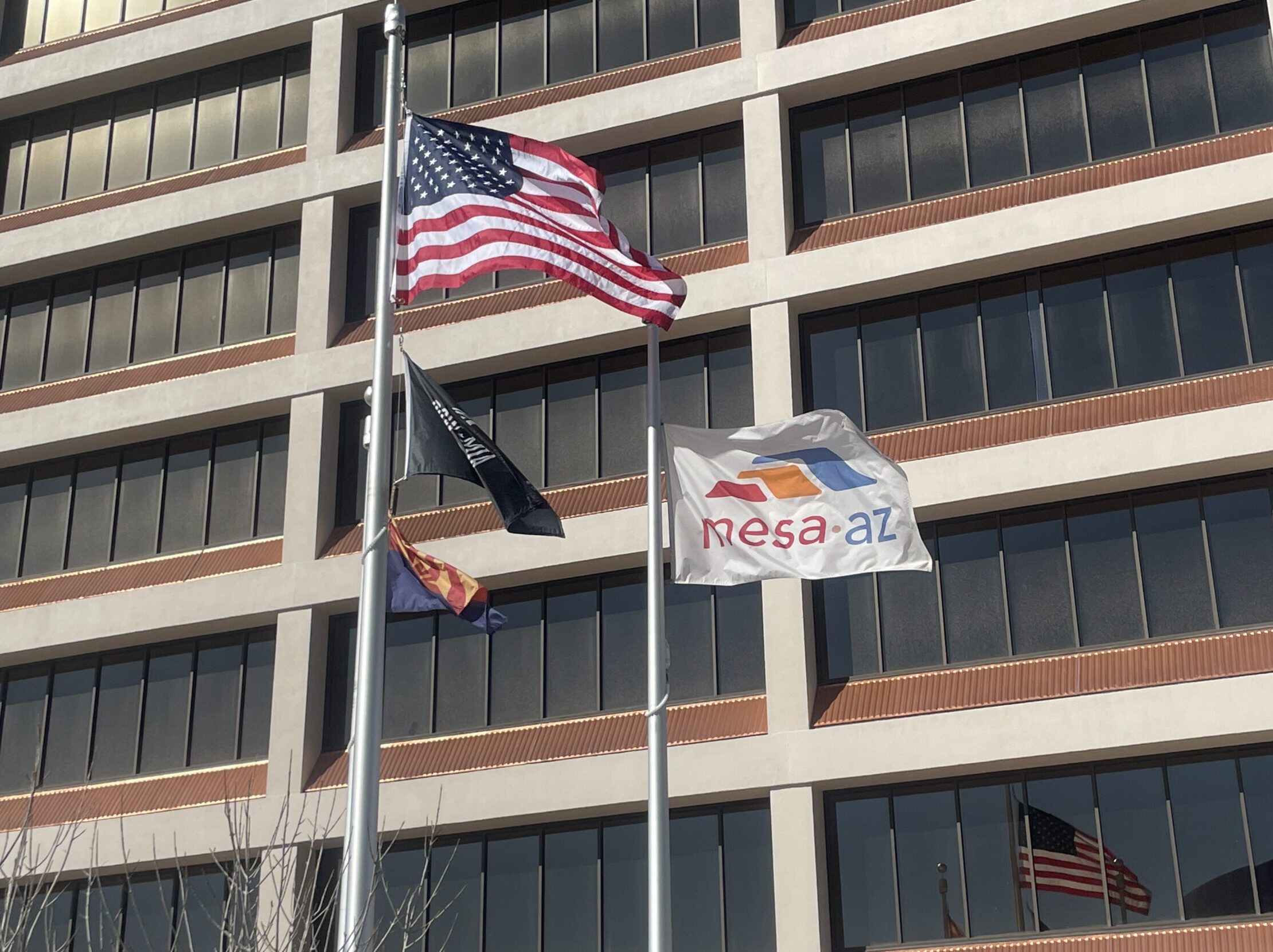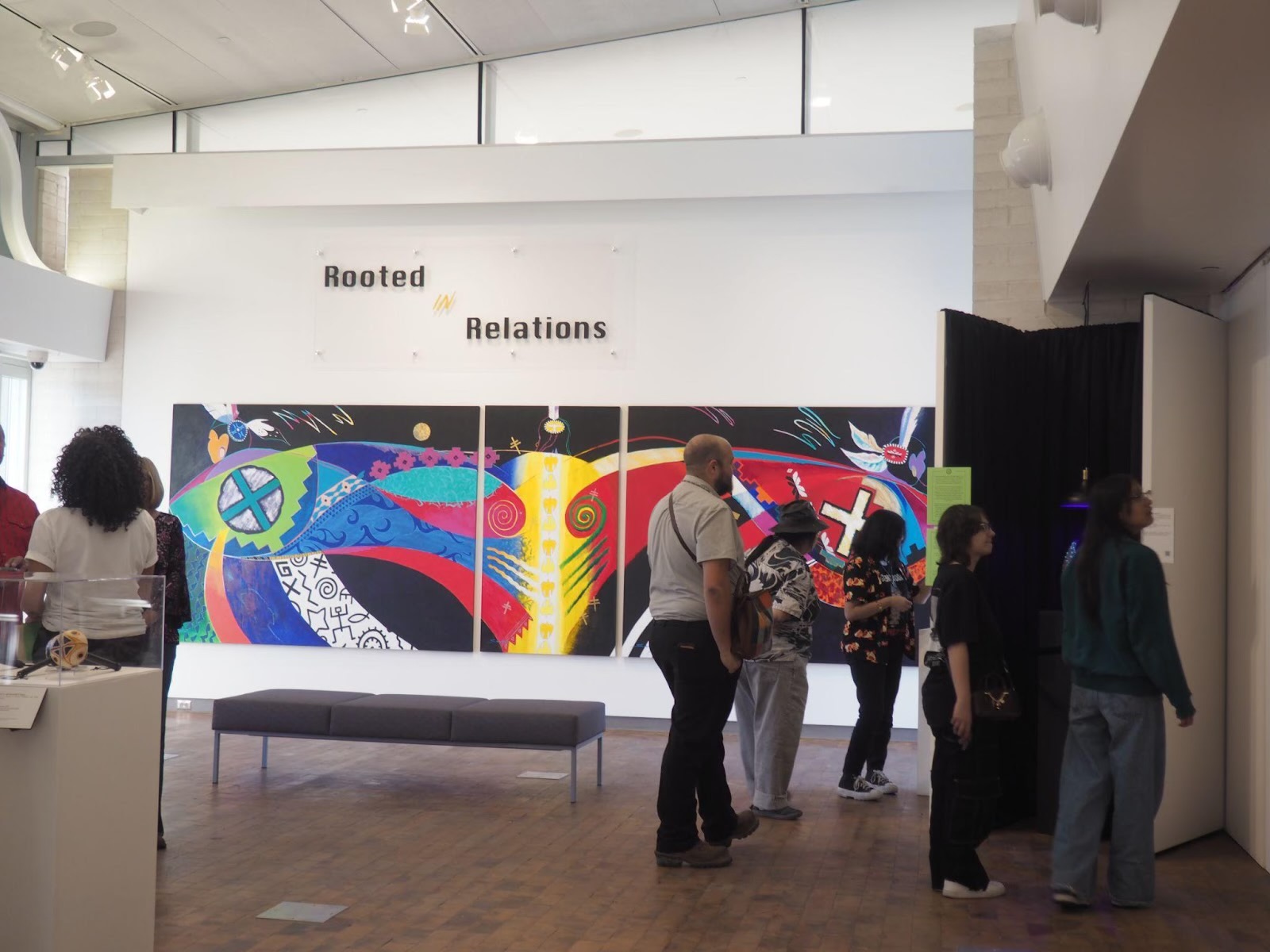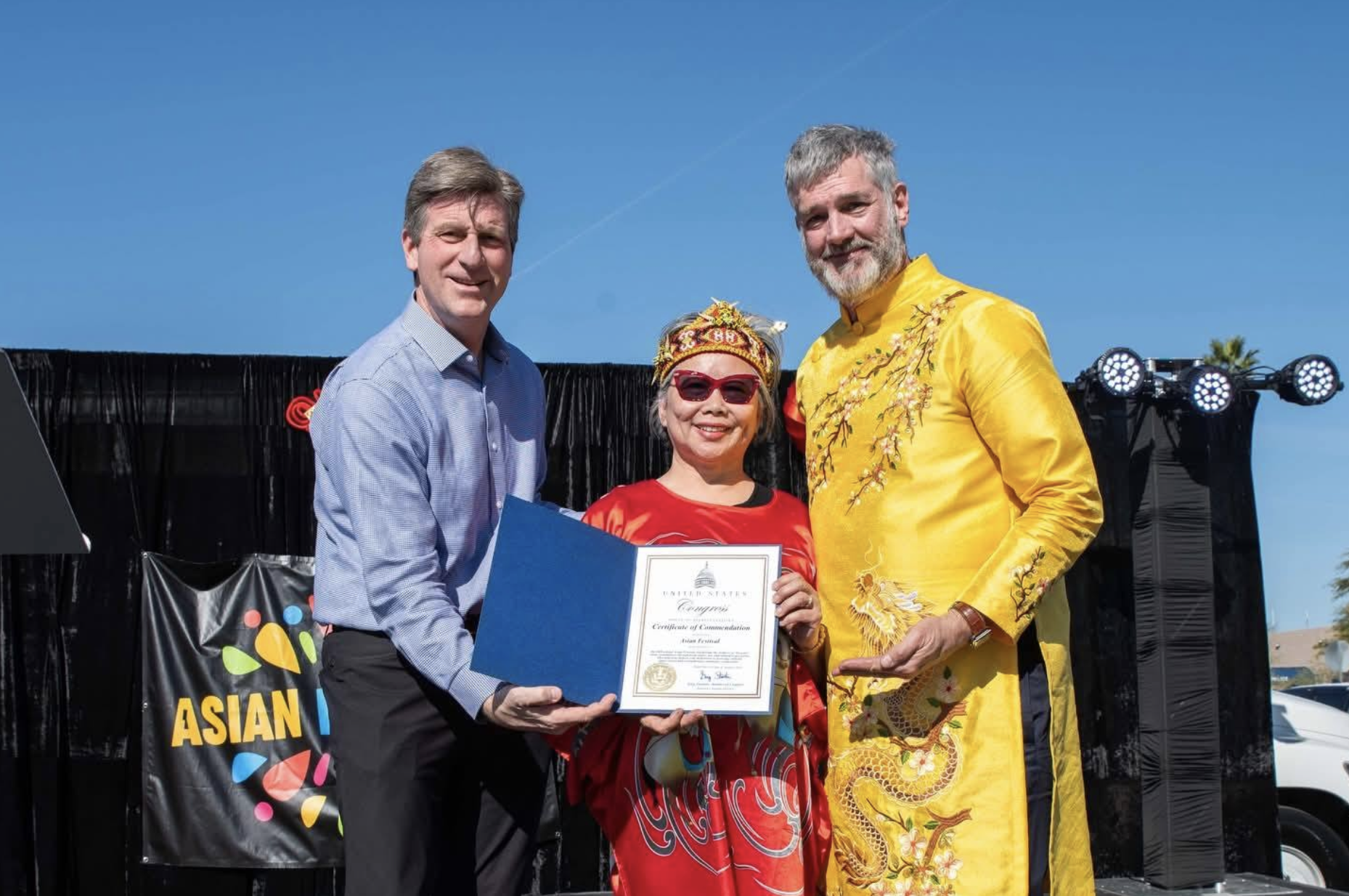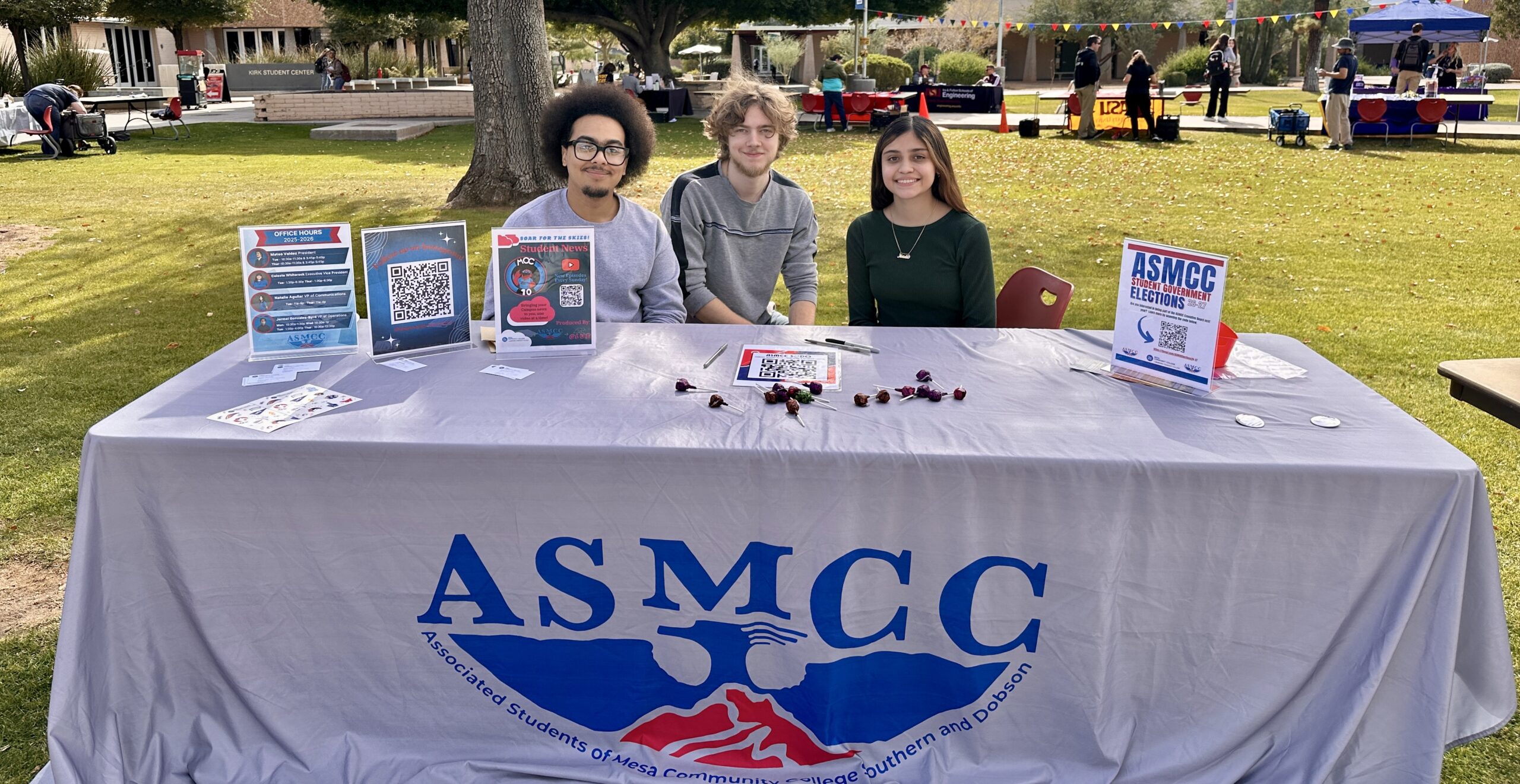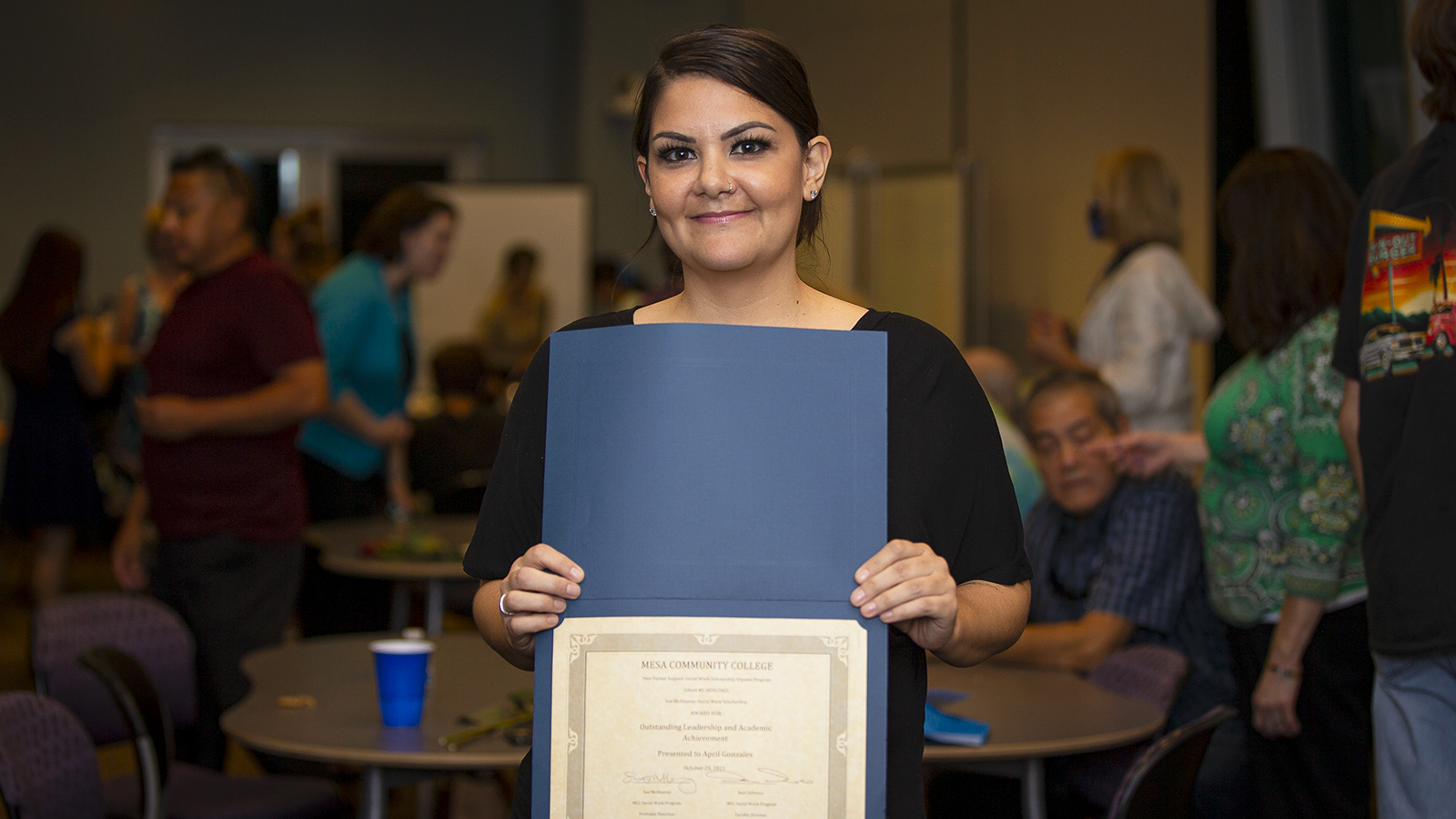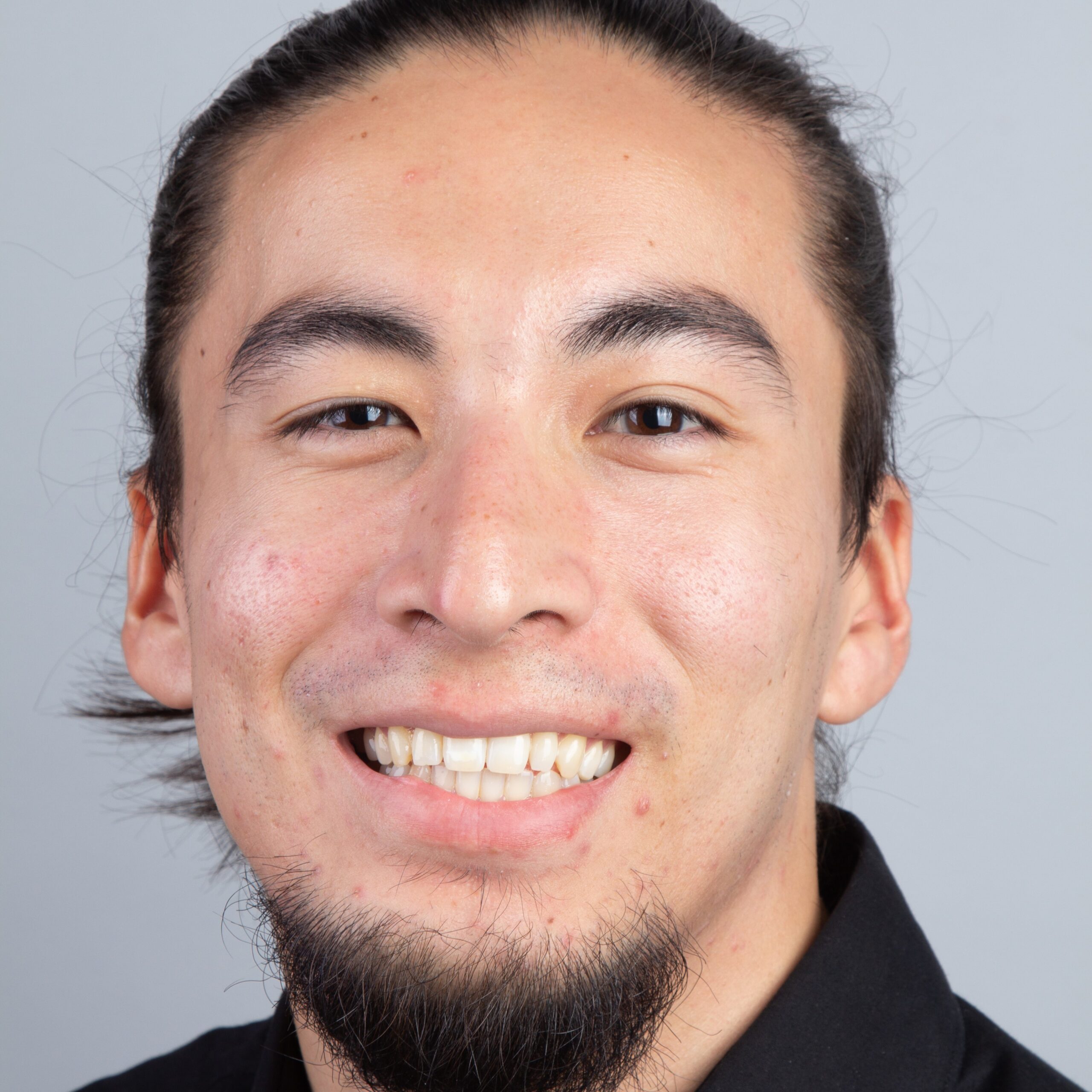First cohort of students in peer support social work program finish their training
Mesa Community College celebrated the first cohort of students to complete the Peer Parent Support Social Work Stipend Program at MCC on Monday night.
MCC collaborated with the Family Involvement Center (FIC) to create the program.
They looked for parents who have had personal experience with opioid or substance abuse as well as with child-serving systems to help foster relationships with parents with similar backgrounds going through social services.
The program began in fall 2020, funded by a 4-year grant awarded to MCC.
“The grant was specifically targeting that population and looking to increase the workforce for supporting people. We are still in an epidemic with the opioid crisis and substance abuse disorder, so that was really why that was targeted,” said program coordinator Erin Teach.
FIC has a working relationship with MCC due to the well-regarded social work program at MCC.
“The MCC social work program is the largest contributor of social work students to schools of social work in the state of Arizona,” said MCC social work program director Dori Dipietro.
Dipietro credits the full-time faculty involved with the program. Their ability to foster relationships with students and teach the most impactful ways to implement their training.
“We offer foundational classes so that students can go on and get their bachelor’s of social work. A bachelor’s of social work prepares students to work with people from before birth to after death, and everything that happens in between at the individual and community level,” said Dipietro.
FIC builds upon these tools, and the Peer Parent Support Social Work Scholarship Stipend Program leads to an apprenticeship opportunity at FIC. The program seeks to build a relationship between people who share lived experiences, and help people get through the situations they find themselves in.
Students explained the program as “life changing.” The world of social work is the perfect place to use past experiences as a way to connect with and help others who find themselves in similar situations.
“There’s social workers all over the world, and they do a great job. But when you are in a peer support role, you are coming with that lived experience, and it really does help to build a trust with that family you are working with,” said Teach.
Not only does the program help those in need of support and guidance in these situations, but it provides an opportunity for those who have experienced setbacks in their lives to get back on their feet and start taking steps forward.
“When somebody goes through addiction, or deals with the DCS system, incarceration, they feel like their life is just kind of stopped. And this program definitely gives them hope that there is something for them to do in the future,” said first cohort student April Gonzales.
The ability for social work to translate into many avenues of work gives people the chance to begin making the changes necessary to move on.
“Social workers are more than people who are trying to take your kids,” said student Monika Gilchrist, who juggled school, a full time job and caring for her children.
“People change, and people go through dark times in their lives. To hold somebody’s past over their head, it definitely crushes your dreams in ever becoming anything you want to become,” said Gonzales. “Programs like this need to be out there more. It needs to be spoken about that people do recover and do get over their past, and they shouldn’t be shamed upon for it.”
The work done by FIC and MCC helps those who need the opportunity to get back on their feet and begin the process of bettering themselves.
“It was a way for me to take control of my life again, and I felt very useful for being able to help others,” said student Leslie Morand.
“It actually has been life changing, honestly. I was not knowing what I was going to do or what I was interested in, so when this came up and I applied for it, a light bulb went off,” said Gonzales.
